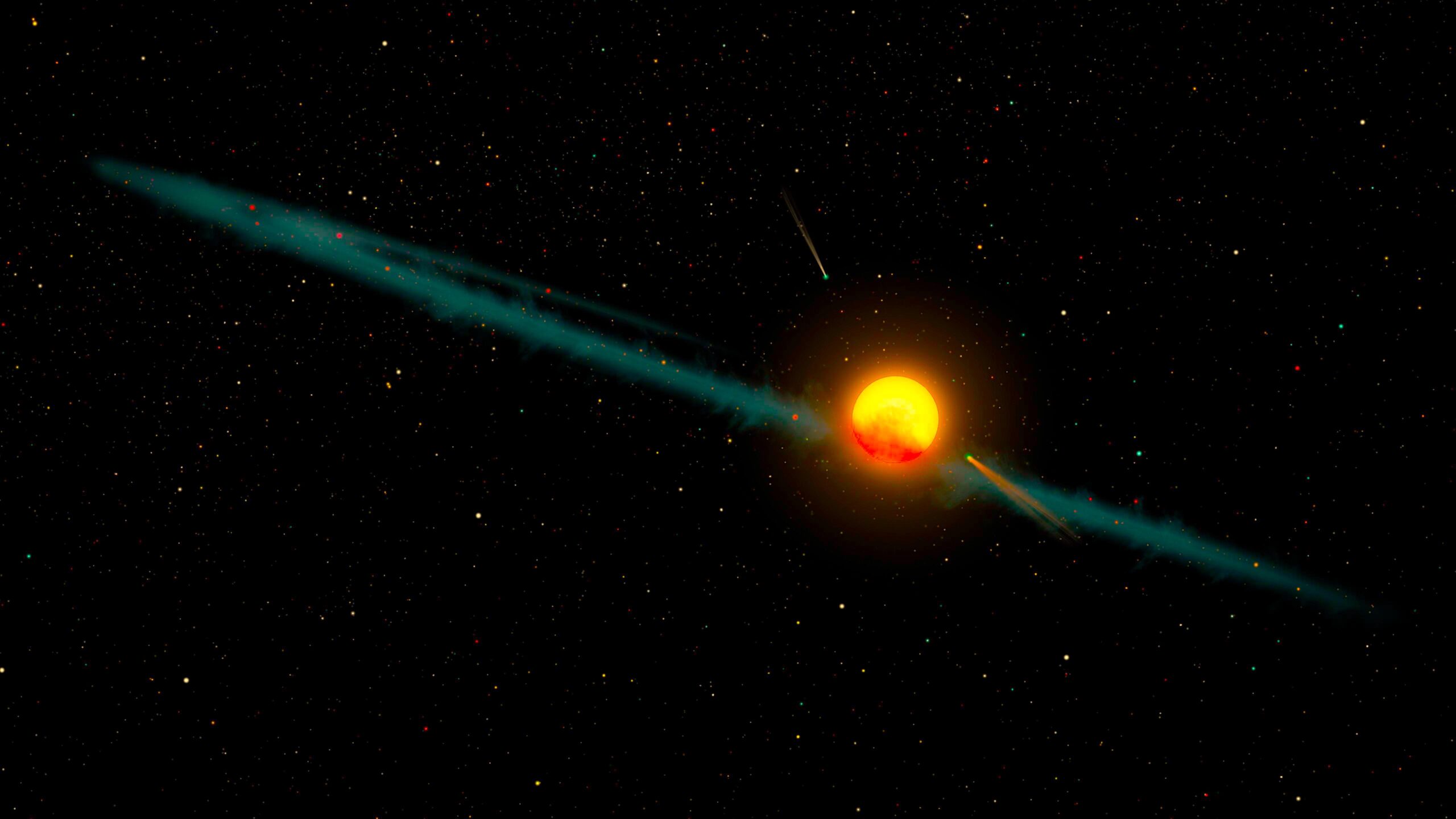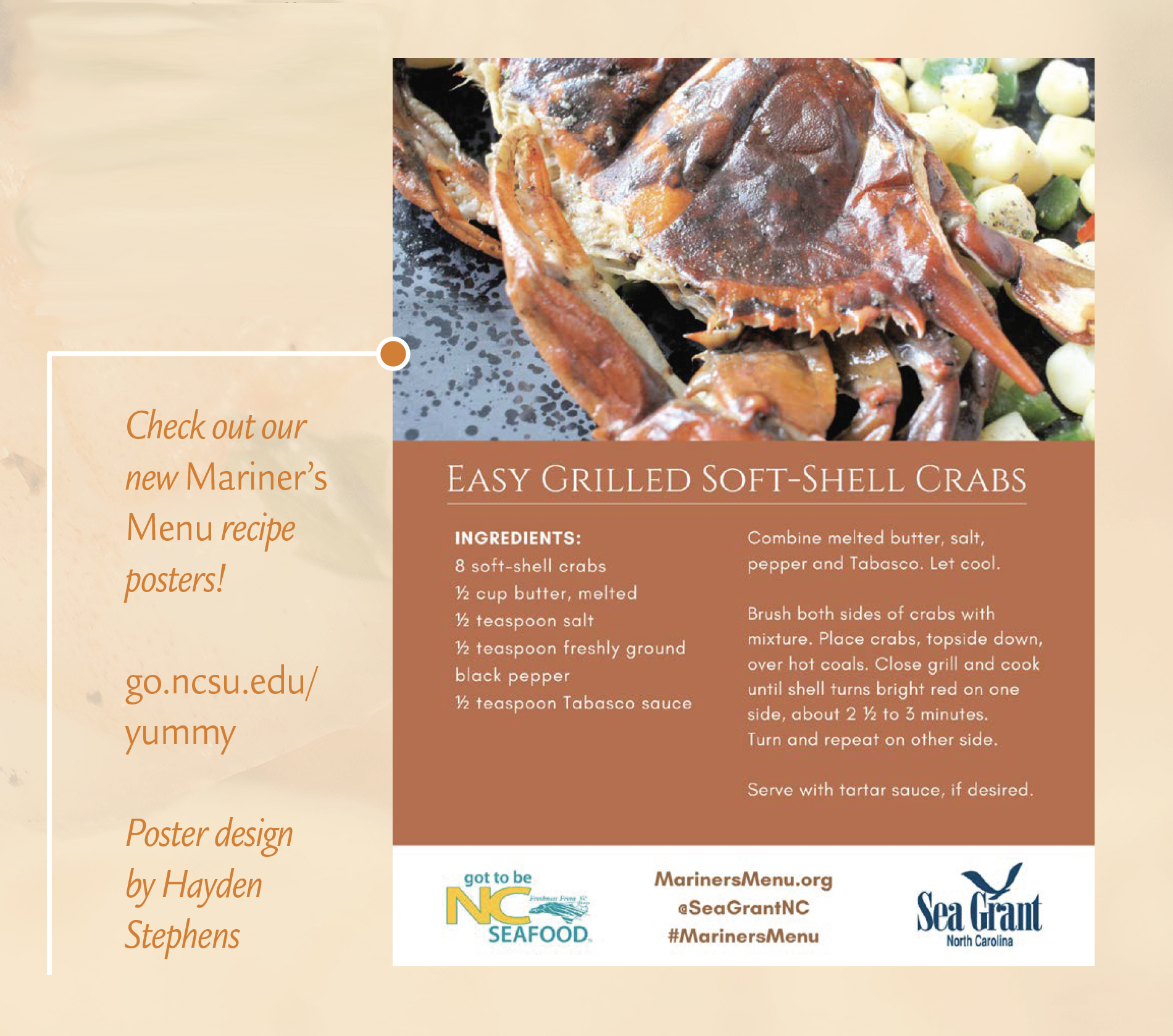So Long, and Thanks For All the Fish*
By Lisa Schiavinato
August 30, 2016
*Hitchhiker’s Guide to the Galaxy, Douglas Adams
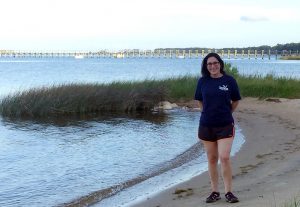
My tenure at North Carolina Sea Grant is coming to a close. While I am sad to say goodbye to North Carolina and my wonderful colleagues and friends, I’m grateful for the opportunity I had to work with coastal communities, state agencies and academic institutions on projects and issues fundamental to the state’s coastal health and culture.
I have accepted a position as the extension director for California Sea Grant, beginning in mid-September.
This post is a reflection on what I’ve learned in my nine years in North Carolina, and how I hope to bring my experiences to bear in California. While the California coast and culture will be different from North Carolina’s, the East and West coasts have more in common than we might think.
As the law, policy and community development specialist for North Carolina Sea Grant and co-director of the N.C. Coastal Resources Law, Planning and Policy Center, I worked on a variety of projects. Topics have included studying emerging issues for North Carolina’s oceanfront and estuarine shoreline to offshore wind, public access, the customary right to use North Carolina’s dry sand beaches, social vulnerability mapping, and outreach to coastal towns such as Nags Head on legal and policy barriers to adapting to changing weather and climate conditions. As you can see, my job has been challenging in the best way!
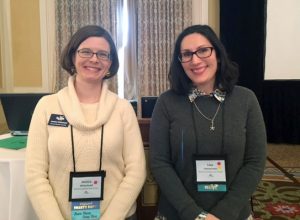
Each project, as well as each day, was different from the next. I have found it professionally rewarding to work on issues that affect coastal ecosystems and the quality of life of the people that live in them. I didn’t just conduct legal and policy research; I translated those studies into outreach products and materials to educate broad audiences and provide the information they needed to make decisions.
Bridging the gap between the law, science and decision-making has been important to my work in North Carolina. I hope that I can continue to be a part of similar efforts with California’s coastal communities and institutions, along with the regulators and administrators who implement their laws.
So far, I’ve worked with two Sea Grant programs — North Carolina and Louisiana. California will be my third. Each Sea Grant program provided me with specific tools and opportunities to become a subject matter expert and a leader.
Historically, it has been unusual to include the law as part of the interdisciplinary scientific research and outreach helping to provide solutions for our coastal challenges. Working for these Sea Grant programs enabled me to encourage partnerships among scientists, engineers and attorneys.
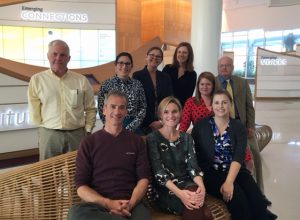
Moreover, both programs supported my involvement in helping coastal communities become more resilient to hazards such as storms, flooding and sea-level rise. My experiences with hurricanes Katrina and Rita, including living through the latter, have shaped me professionally and personally.
One of the most rewarding facets of my tenure in North Carolina is my work with students — law students, graduate students and undergraduates. Through the center’s fellowship and internship programs, I’ve learned a lot from my students about creative ways to solve problems and share solutions. I hope that their own tenures with North Carolina Sea Grant and the center were just as rewarding and have helped prepare them for the professional challenges ahead as they enter the workforce. I thank each of them for their hard work.
Looking ahead, some of North Carolina’s coastal challenges overlap with issues California faces. Public access to beaches and waters for recreation, sea-level rise, beach erosion, water quality and aquaculture represent just some of the coastal issues the two states have in common.
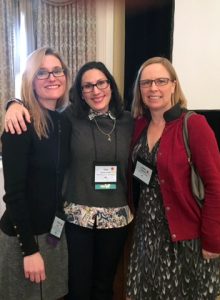
To be sure though, there are differences! More severe threats of wildfires, long-lasting drought, water scarcity and earthquakes are examples of issues in California with which I’m less familiar. Moreover, California’s approach to planning for hazards, such as sea-level rise and coastal culture, will be unique thanks to the state’s own geography and geology.
But that’s part of the excitement, right? It’s about learning new issues, exploring fresh twists on familiar topics and becoming part of a new way of coastal living. I’m looking forward to that as much as I am anticipating working with my new colleagues, who all are dynamic and creative professionals.
Many thanks to my North Carolina colleagues and partners. You made my time here most enjoyable. I’ve learned as much about life from you as I have about helping coastal communities continue to thrive.
I’m taking the skills I’ve learned and my experiences with me to California Sea Grant. As their new extension director, two of my goals will be: to encourage interdisciplinary research and outreach to coastal communities, so they too can continue to thrive economically while also protecting their natural resources; and to continue playing a role in bridging the gap between the law, science and decision-making.
Please stay in touch! One of the easiest ways is by following me on Twitter at @oceancoastallaw.
- Categories:

